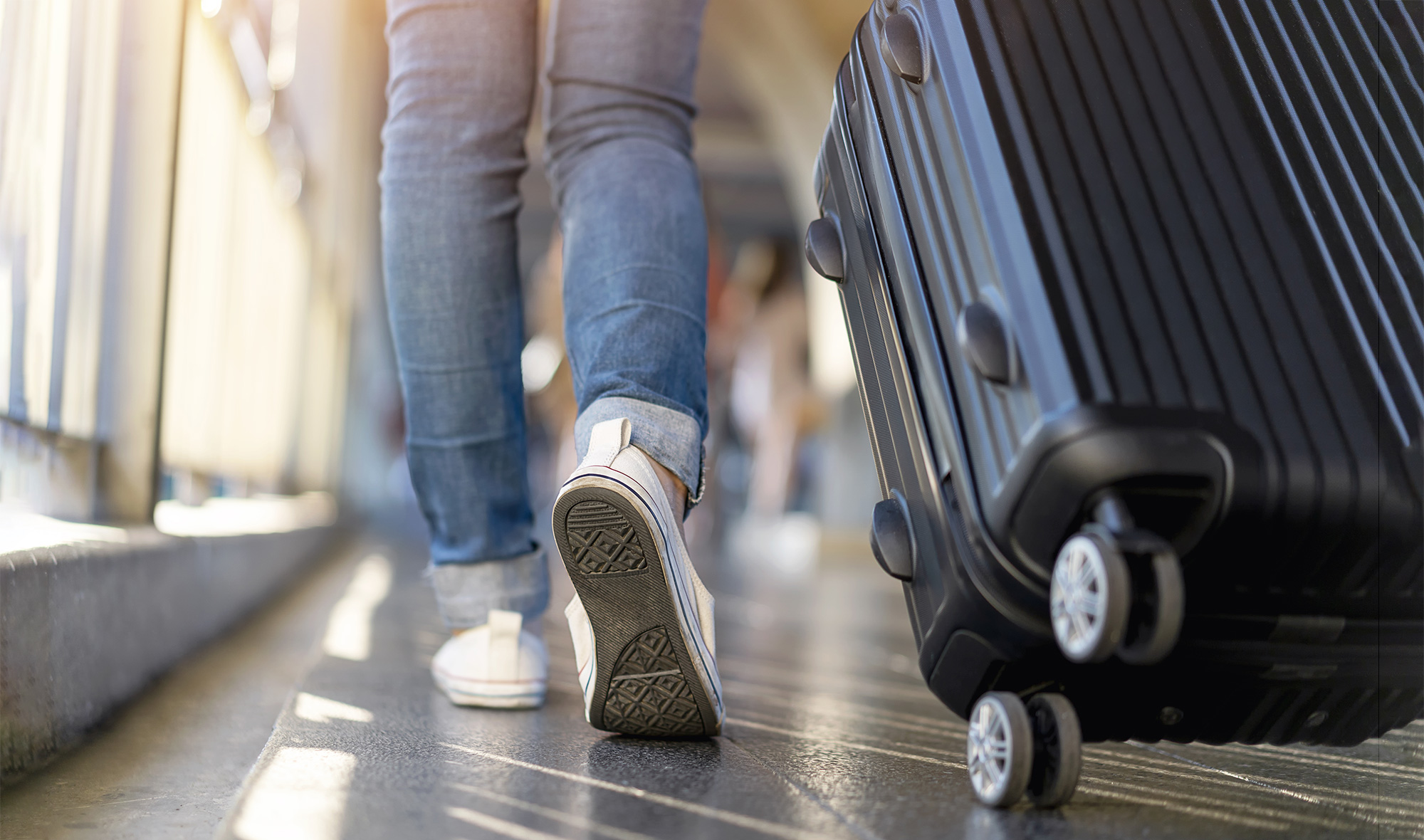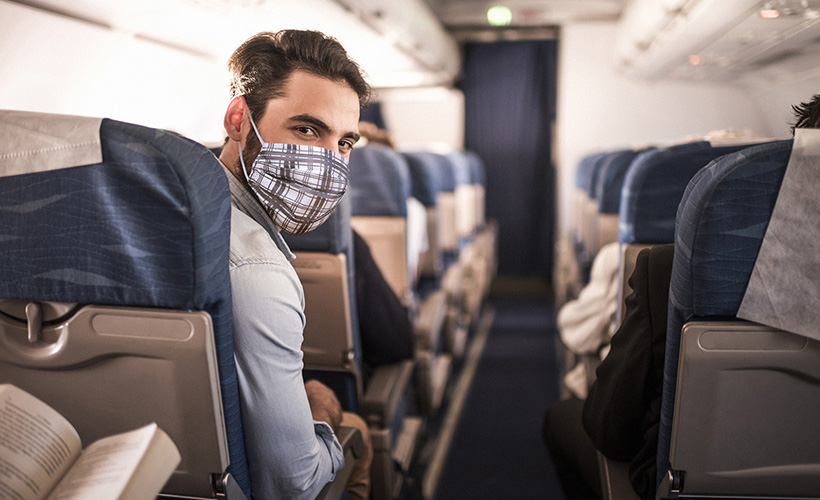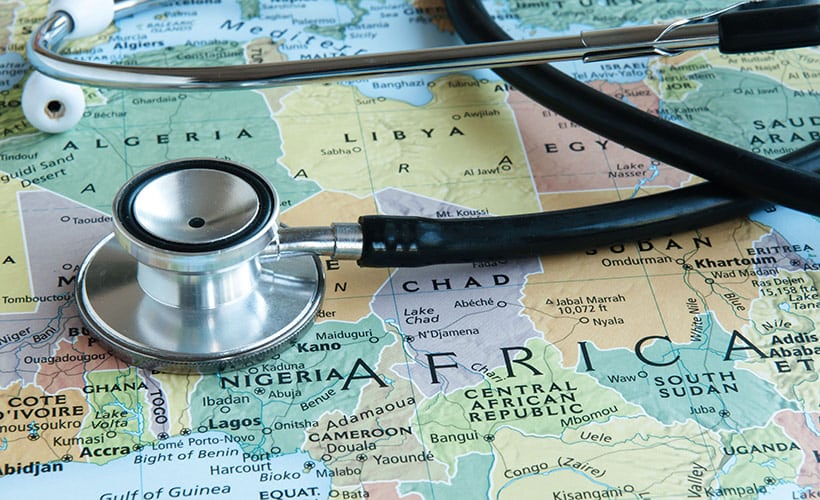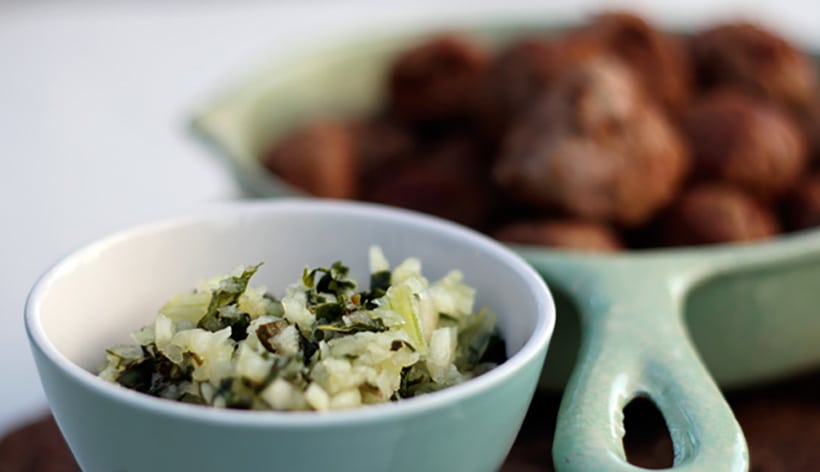Prevention and treatment
1. Plan ahead if you are travelling abroad
Find out which areas, if any, are recommended to safely travel in such as Asia, India, South America and Africa. Speak with your doctor well before your planned trip to ensure you have long enough to complete a course of immunisations. The World Health Organisation provides a country list of vaccination requirements and malaria situation on its International Travel and Health online publication. The most commonly required vaccinations for international travel include measles, tetanus and diptheria, polio, hepatitis A and B, typhoid, meningococcal meningitis, rabies, yellow fever, cholera and Covid.
2. Pure water
In third world countries there is a real risk of contracting bacterial, viral or parasitic infections from food and water. To help avoid gastrointestinal infection remember the adage “purify it, pasteurise it, boil it or avoid it”. To avoid water-borne infection:
- Never drink tap water, and avoid ice in your drinks as this may be made from local tap water
- Drink “named” brand bottled water with an intact seal
- Tea and coffee made with local water is usually ok as long as the water is boiled thoroughly
- Boiling is the simplest way to purify water. Boil for one minute to destroy most pathogens responsible for gut infections. At altitudes above 2000m boil for three minutes
- Water may also be treated chemically instead of boiling, with iodine tincture or chlorine tablets. Adding a little vitamin C (ascorbic acid) powder to the water after treatment will neutralise the taste of iodine or chlorine.
3. Watch your food
Raw foods such as fruit and salads washed in tap water can make you sick so ensure that vegetables are cooked thoroughly before eating; and peel or skin any fruit you eat. Avoid milk and milk products unless you are certain they have been pasteurised. Be cautious about meat and seafoods, especially shellfish which can carry Hepatitis A. Meat should be thoroughly cooked.
4. Nausea-free
Travel sickness can occur in cars, trains, planes and boats. The repetitive small movements send mixed messages to your brain. Your eyes tell your brain one thing and your ear balance receptors feed it different information. The confusion leads to nausea. Always try to sit facing forwards in a car, and look out of the window, focusing on a point in the distance. Ensure the car is cool and well ventilated, and try to provide distraction for children such as singing or listening to music or stories. Any activity that involves looking down will greatly aggravate nausea so no reading or playing board games. Try to sit in the middle of a boat or plane (over the wings) as this is the part that moves the least. Anti-nausea medication can work if taken before the trip begins. Sucking on slithers of ginger or crystalised ginger can also ease nausea, as can peppermint tea.
5. You can beat jet lag
Jet lag is that awful lethargic, spaced out, unwell feeling you get when you fly across the world, crossing time zones. In general, you will need one day of jet lag recovery for every time-zone you cross. The worst jet lag usually occurs with journeys from south to north, with north to south journeys rarely causing problems. Take care of yourself before your journey to ensure that you are well rested and well fed before departure, and avoid any hangovers! Many people find melatonin, a hormone produced by the pineal gland in the brain, very helpful to reduce jet lag- take before, during and after the trip. Drink lots of water throughout your flight and limit or avoid caffeine and alcohol. Once onboard the plane reset your watch to synchronise with your destination. Try to sleep, but if you have any health issues which may increase your risk of Deep Vein Thrombosis (DVT)*, avoid sleeping tablets as they will immobilise you for several hours. Upon arrival at your destination start to eat and sleep based on local time. Expose yourself to bright sunlight as soon as possible for at least 15 minutes.
6. Deep Vein Thrombosis (DVT)
Sitting immobile in a cramped space for a long period of time, such as happens in flying, can lead to sluggish blood circulation in your legs. Poor circulation can cause blood to thicken and clot in the deep veins in the legs and pelvis – a condition known as DVT. Once a clot forms, it has the potential to break off and travel upwards, usually to the lungs – this is known as a pulmonary embolism. To minimise your risk, ensure that you stay well hydrated with water throughout the flight; perform the recommended leg and foot exercises; and get up and move around the cabin. Also wear pressure stockings if you are at increased risk.
It is advisable for people travelling who have previously had a DVT or pulmonary embolism to have a clexane injection to thin the blood. These can be prescribed by your doctor, are easily self-administered and each injection lasts about 12 hours, ideal for long-haul flights.

















Community